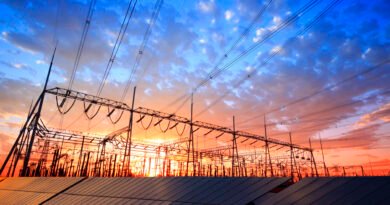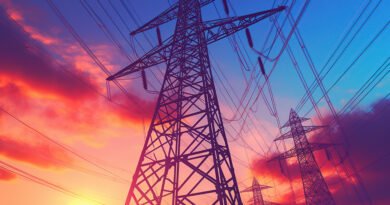What Is an Inverter-Based Resource?
An inverter-based resource (IBR) refers to a device that manages the flow of electricity by transforming direct current (DC) into alternating current (AC). Its application can vary depending on specific needs. This category encompasses renewable energy generators and backup power storage solutions. IBRs play a crucial role in energy generation technology, serving as the central control system for the entire operation.
In the context of renewable energy, such as solar and wind power, photovoltaic panels and wind turbines generate DC electricity. Inverter-based resources are used to convert this DC power into the AC power that is compatible with the grid and can be used by households, businesses, and industries. This conversion enables the efficient utilization of renewable energy sources and their integration into the existing electrical infrastructure.
Also Read About –
Pollinator Friendly Solar Farm (135 MW) in Arkansas
In addition to renewable energy, inverter-based resources are also essential for energy storage systems like batteries. They allow energy to be stored in DC form and then converted back to AC when it’s needed, offering flexibility in energy management and grid support. Moreover, they facilitate grid stability by providing fast response times to fluctuations in power supply and demand, contributing to the overall reliability of the electrical grid.
Overall, inverter-based resources are instrumental in the transition to cleaner and more sustainable energy systems, as they enable the efficient utilization of renewable energy sources and enhance the resilience and stability of electrical grids.




